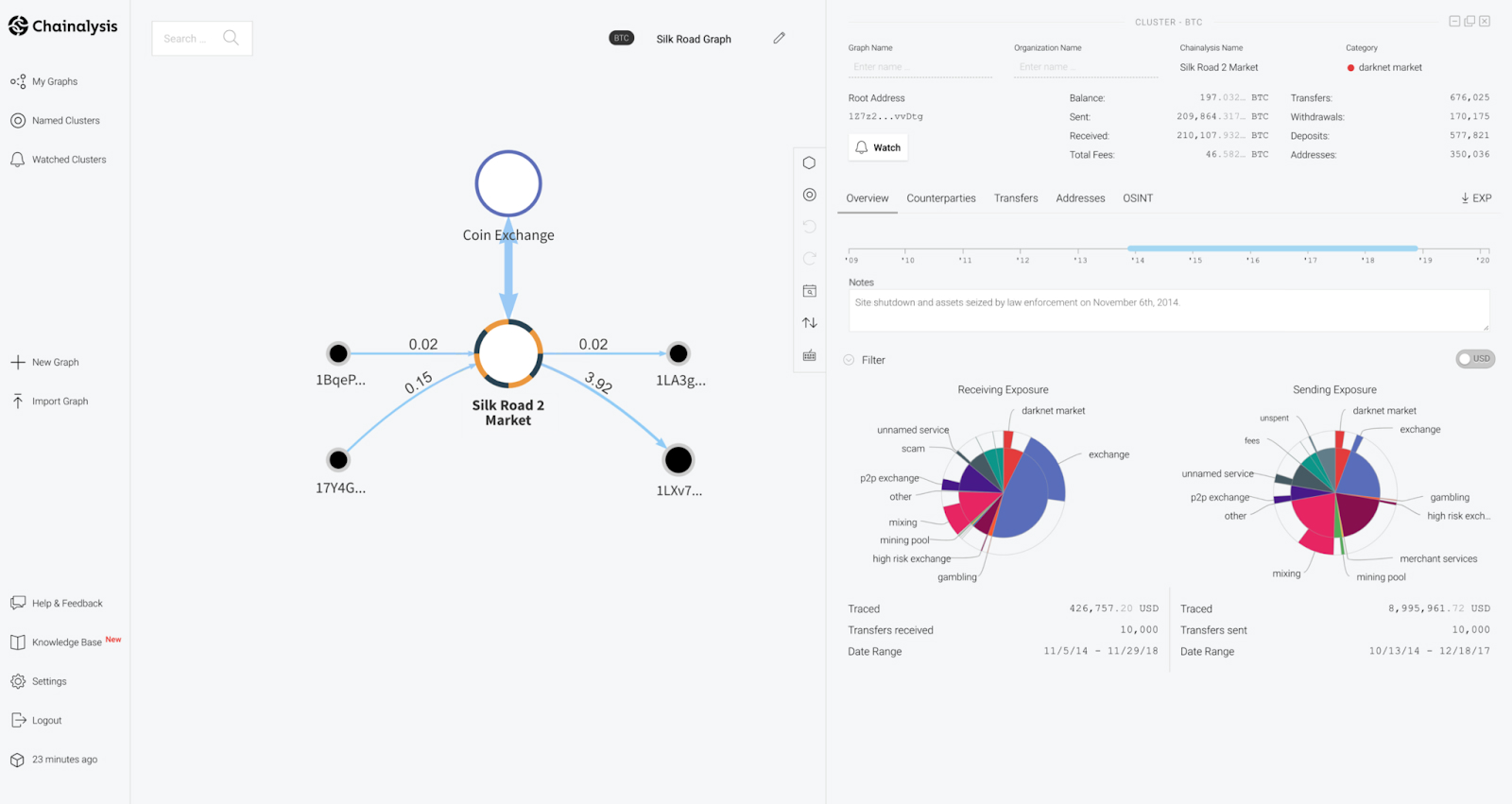Is Bitcoin & Ethereum really private?

Elena Nadolinski
CEO & Founder @ Iron Fish

Bitcoin & Ethereum — the least private way of transacting
Transparent cryptocurrency systems like Bitcoin and Ethereum are natively the least private way of transacting. Validation of transactions for those systems rely on full transparency. Bitcoin might sometimes be labeled as anonymous, or pseudonymous, but this should not be mistaken for being private, in fact all Bitcoin transactions are entirely traceable by design.
Let’s walk through how Bitcoin or Ethereum transactions work and why they are so traceable.
Transactions in Bitcoin
Bitcoin works on a UTXO model. UTXO stands for “Unspent Transaction Output”. The easiest way to explain how the Bitcoin UTXO model works is by an example:
Let’s say you’re a miner, and for successfully mining the block, your reward is a fresh $20 bill that belongs to you.

And now you want to give your friend $10. Your transaction would then have one input UTXO (the $20) and two output UTXOs (one $10 for your friend, and one $10 as change for you)

In the process the $20 UTXO would be marked as “spent” and could not be spent again.
If your friend wants to give someone else 5$, then the process continues:

Looking at a Bitcoin transaction on a block explorer, it might have several inputs, and several outputs. This one for example, has one input on the left (of 11.37 bitcoin), and two outputs (paying 0.067 bitcoin to the recipient, and changing back to the sender).
Every such UTXO can be traced through all the relevant transactions that came before it, all the way through to the coinbase award — the original block mining award that births all bitcoins. This means that not only is Bitcoin not private, it’s highly traceable. The bitcoin you might have today might even be tied to a history of transactions involving illegal activities that you might not want to be implicating yourself with.
There are many companies that specialize in analyzing transactions on public blockchains such as Bitcoin, and Ethereum. One such company is Chainanalysis, that does extensive static analysis to form relationship graphs that link wallets together.

While some consider such level of traceability and transparency a feature for catching bad actors and illegal activity, it’s also a hindrance for legitimate businesses and individuals to transact freely. Not many businesses find it appealing to operate entirely in the open, giving away who their customers or vendors are.
Transactions in Ethereum
Ethereum transactions are also transparent like Bitcoin’s, but instead of operating on a UTXO model like Bitcoin does, it keeps track of the state (e.g. how many funds) an address has. An address on Ethereum can represent a user’s wallet, or it can represent a smart contract — a custom program to keep track of custom assets on Ethereum.
Like for Bitcoin, there are many block explorers for Ethereum that display detailed information about any address or wallet. This includes every single transaction that the wallet has made in its lifetime, permanently and publicly for everyone to see. For example, here’s a snapshot of one of Huobi’s wallets (an exchange) as displayed on Etherscan, a popular block explorer for Ethereum:

Notice that every single transaction that this wallet has ever made is permanently recorded, giving everyone access to see its current balance, Huobi’s customers, the custom tokens this wallet holds, and so on. Etherscan also gives some basic easily accessible analytics for any given wallet over time — such as its balance over time:

Bitcoin and Ethereum transactions are fundamentally not private due to their transaction validation methods that rely on full account transparency. At Iron Fish we believe privacy is a necessity for real commerce and safety of the user. To achieve strong privacy guarantees, a cryptocurrency protocol must be built with privacy as a focus from the ground-up. Although both Bitcoin and Ethereum have privacy preserving tools like Mixers, CoinJoin, and specialized smart contracts to obfuscate funds, they are fundamentally flawed.
Join the Iron Fish community 🏃🐟

Elena Nadolinski
CEO & Founder @ Iron Fish
Elena is the Founder and CEO of Iron Fish — previously worked at Airbnb, Tilt, and Microsoft. Fell down the cryptocurrency rabbit hole in 2017. Really didn't want her insurance to know she eats pizza.
